-
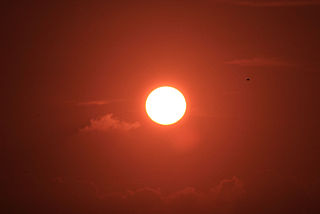
You may have heard the phrases “global warming” and “climate change” interchangeably when talking about the earth’s recent warming due to the effects of increasing greenhouse gases. But they are really distinct ideas. This article from Ecocentricity describes the history of the two concepts and how they differ. The bottom line: “Global warming is a…
-
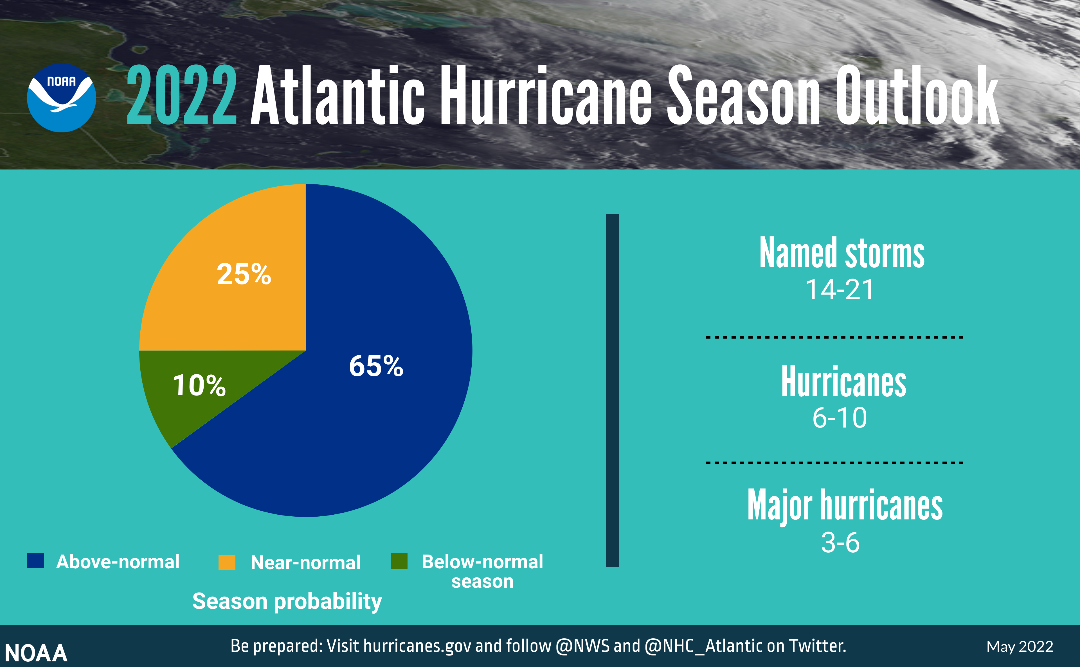
The official NOAA forecast for the 2022 Atlantic tropical season was released today. The forecast shows that another active season is expected, with 14-21 named storms, 6-10 hurricanes, and 3-6 major hurricanes likely. Of course, not all of those will affect the Southeast, so it is too early to say what the impacts are likely…
Posted in: Tropical weather -
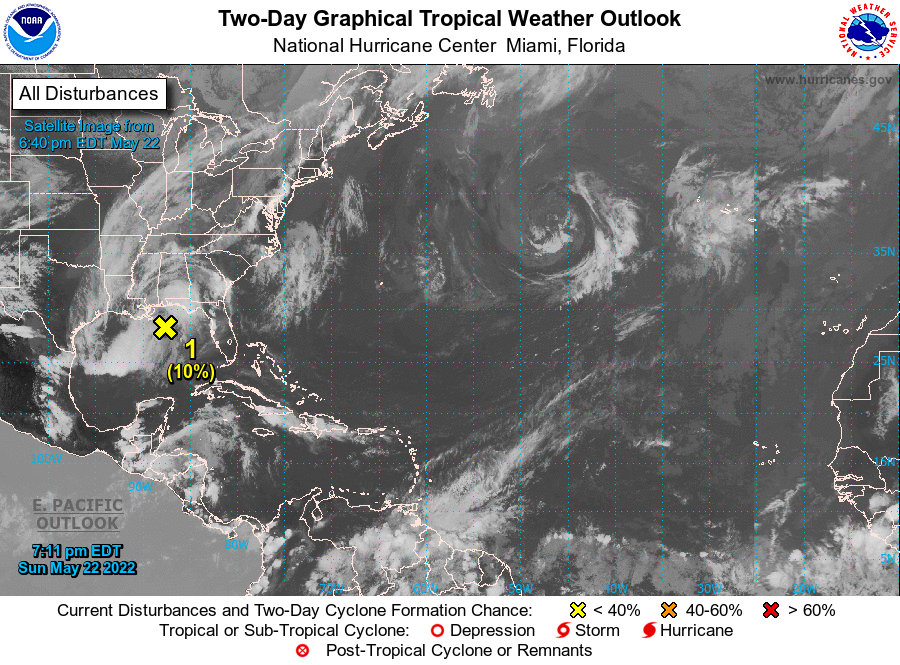
A small area of non-tropical low pressure in the northern Gulf of Mexico is drifting north over warm water and has a small (10%) chance of becoming a named tropical storm before it makes landfall sometime on Sunday night or Monday. The center of circulation is likely to move northeast once it comes onshore, bringing…
Posted in: Tropical weather -
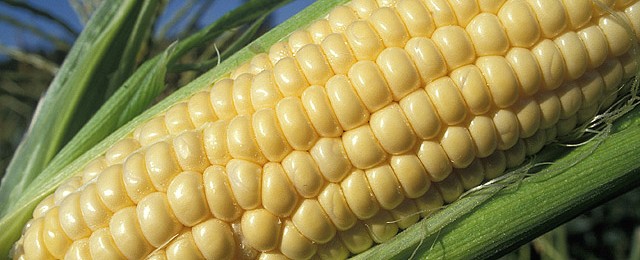
As we roll into Memorial Day weekend, sweet corn farmers are usually seeing a high demand for their delicious crops as people fire up their grills and prepare for picnics and holiday gatherings. However, this year the demand from northern parts of the US has been lower than usual due to lingering cold conditions that…
-
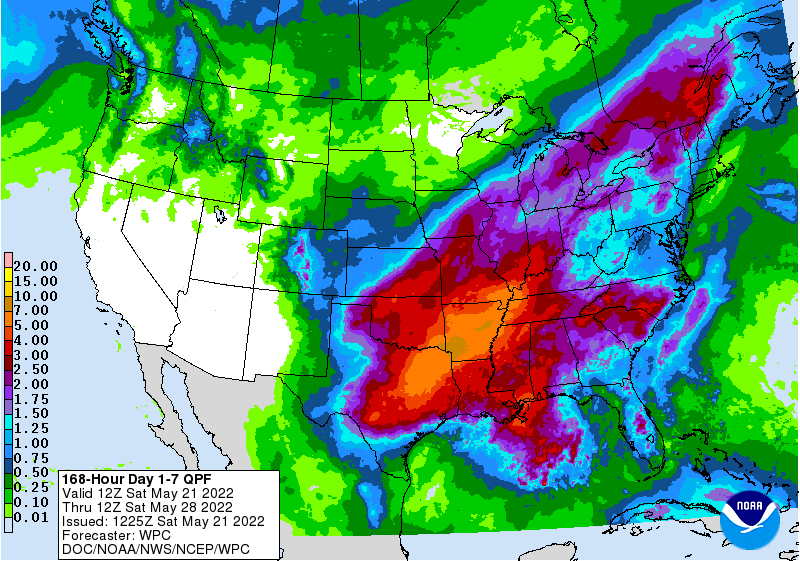
The pattern shift that is occurring this weekend will bring an increased chance of rain to most of the region this week. The coastal areas of the Florida Peninsula will be the driest, with amounts increasing as you move to the north and west. Most places should see an inch or more, but it will…
Posted in: Climate outlooks -
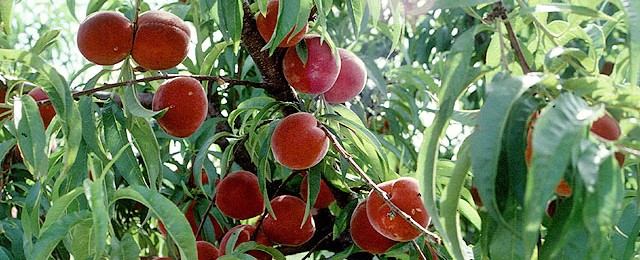
If you like peaches, you will be glad to know that the peaches are starting to be harvested in Georgia now. The harvest should last for the next couple of months because different varieties ripen at different times. The crop was reduced somewhat by the freeze in March, and that especially affected the earlier varieties,…
-

The latest seasonal outlooks for the United States were released today. They show that for June, temperature is leaning towards warmer than normal temperatures. Most of the region shows no tendency towards wetter or drier than normal conditions for June except for Florida and the Gulf Coast. For the summer months of June through August,…
Posted in: Climate outlooks